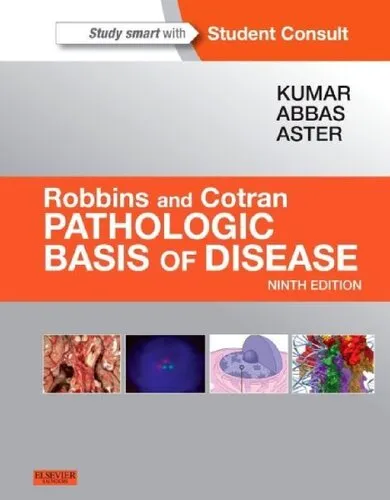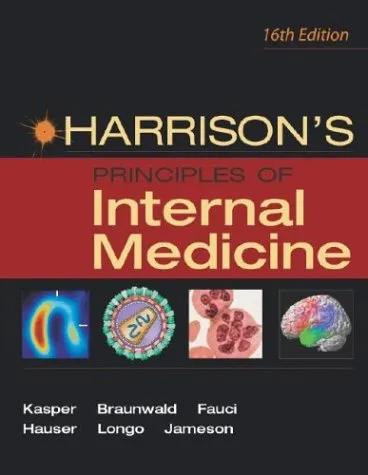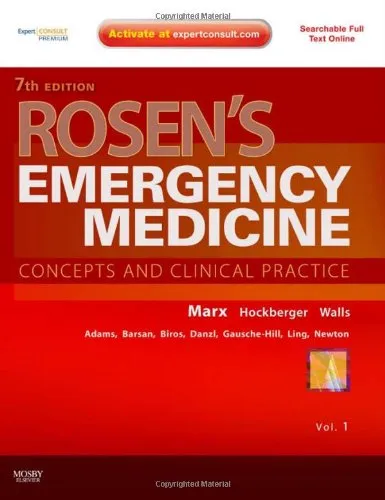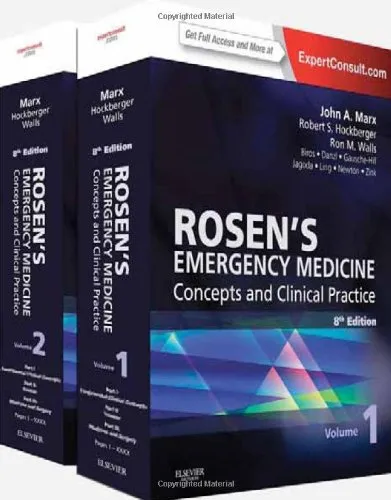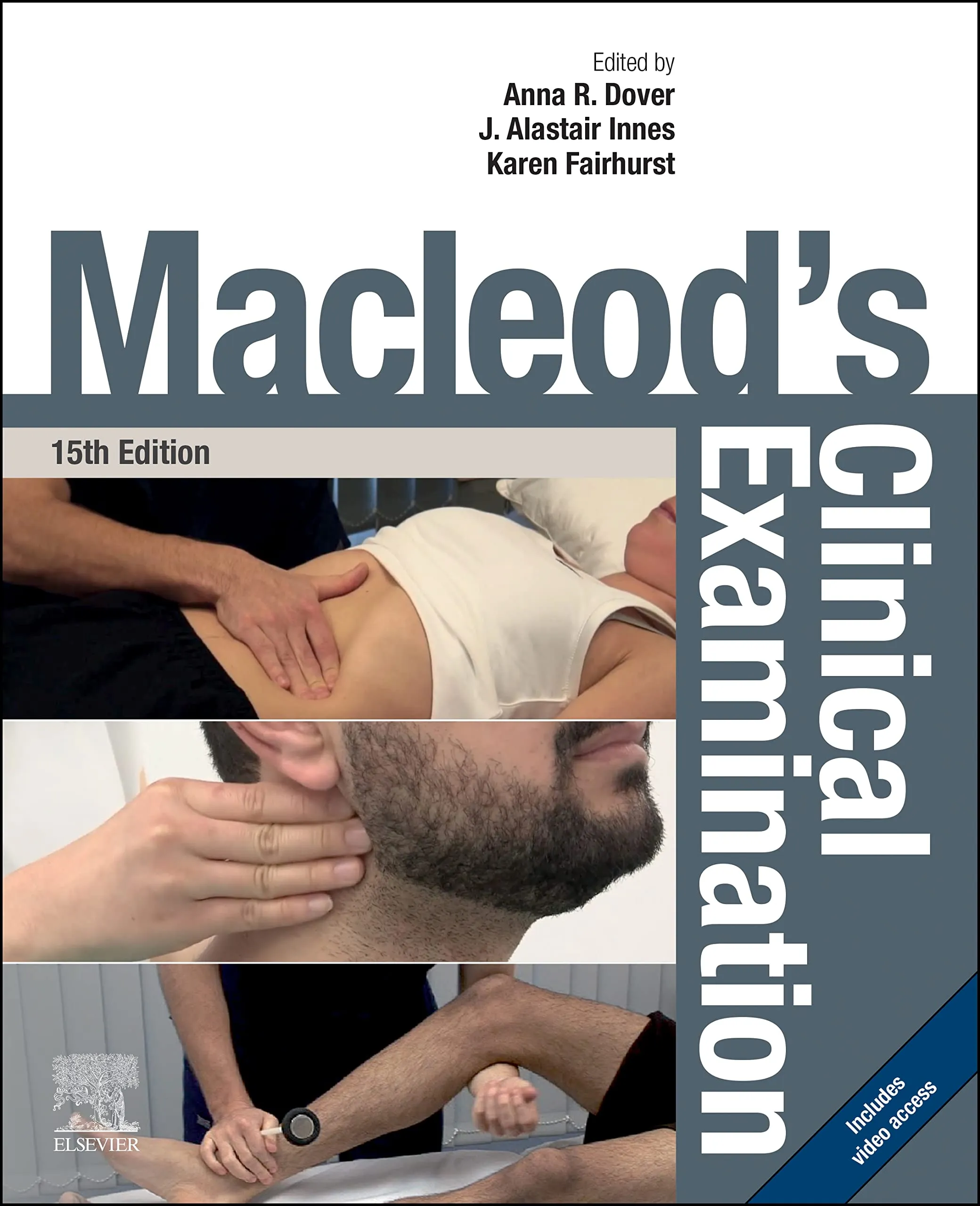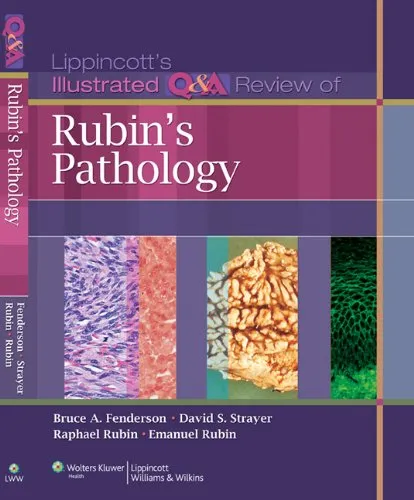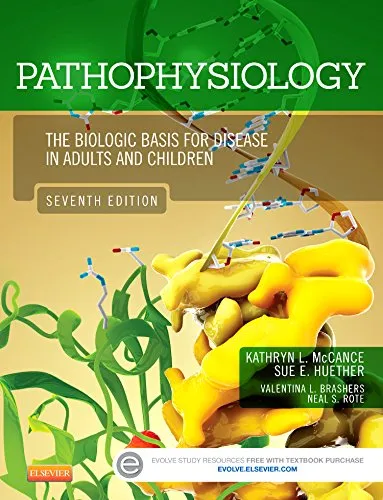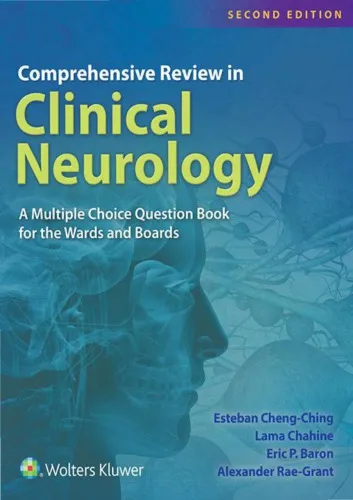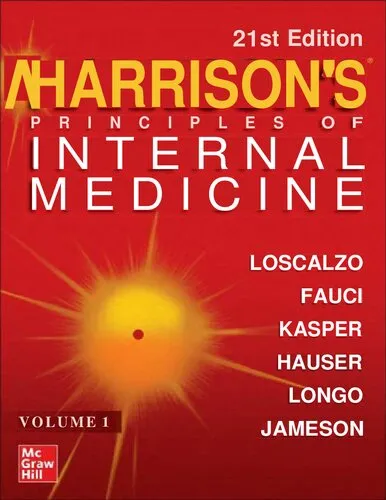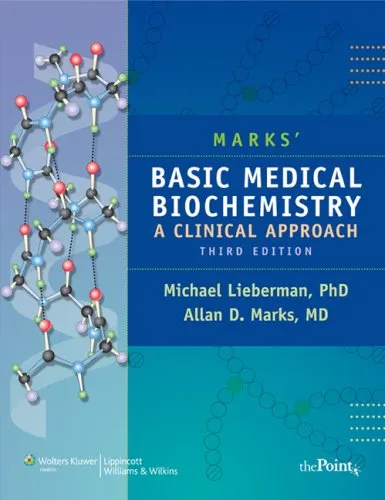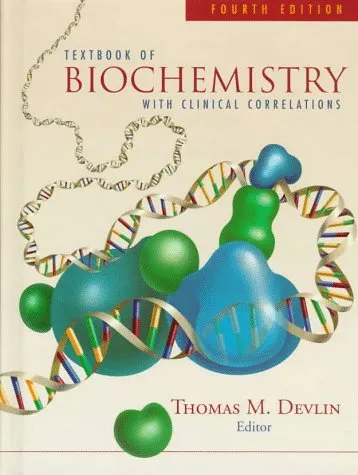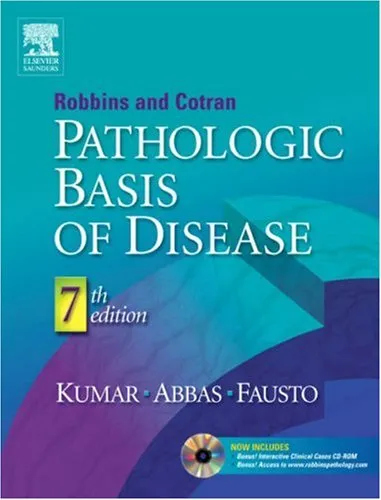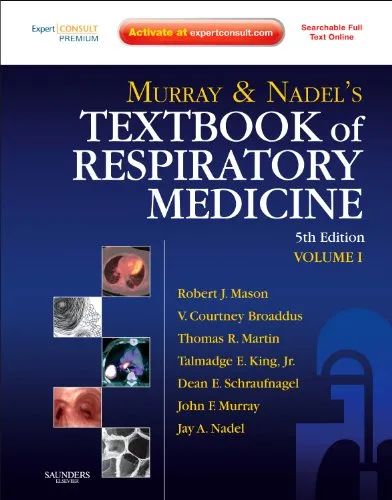Pathophysiology of Disease: An Introduction to Clinical Medicine - 2nd edition (May 16, 1997)
3.8
Reviews from our users

You Can Ask your questions from this book's AI after Login
Each download or ask from book AI costs 2 points. To earn more free points, please visit the Points Guide Page and complete some valuable actions.Related Refrences:
Introduction
Welcome to the comprehensive journey through the intricate world of pathophysiology with "Pathophysiology of Disease: An Introduction to Clinical Medicine - 2nd Edition." This book, crafted by the esteemed Stephen J. McPhee, serves as an invaluable resource for medical students, healthcare practitioners, and anyone intrigued by the mechanisms of human disease. With a seamless integration of clinical insights and foundational science, this edition offers a profound exploration into the processes that underlie various medical conditions.
Detailed Summary of the Book
"Pathophysiology of Disease" provides a thorough examination of how normal physiological processes are altered during disease states, paving pathways to an understanding of clinical manifestations. Each chapter delves into organ-specific disorders, presenting them with clarity that connects basic science to clinical practice. The book meticulously covers cardiovascular, pulmonary, renal, gastrointestinal, hematologic, and endocrine pathologies, supplemented by discussions on neurologic, psychiatric, and infectious diseases.
The second edition elevates its predecessor by incorporating more contemporary research findings, which ensure that the reader remains at the forefront of clinical medicine. McPhee's approach is methodical, facilitating knowledge acquisition by linking theoretical concepts with real-world medical scenarios. This book does not merely enumerate symptoms but explains the 'why' and 'how' behind them, allowing readers to think critically about the human body's response to various health challenges.
Key Takeaways
- A comprehensive understanding of the pathophysiological processes underlying clinical symptoms and signs.
- Integration of basic scientific concepts with clinical application to foster a deeper understanding of human disease.
- Thorough exploration of major organ systems and their associated pathologies.
- Updates in medical research and clinical practice reflected in revamped chapters and sections.
- Emphasis on critical thinking and problem-solving in clinical medicine.
Famous Quotes from the Book
"Understanding the language of disease requires more than memorizing facts; it requires an appreciation of the complex interplay between physiological processes and clinical outcomes."
"In medicine, the transition from textbooks to bedside involves not only knowledge but also intuition and experience molded by scientific inquiry."
Why This Book Matters
"Pathophysiology of Disease" stands out as a pivotal text in the landscape of medical education. Its relevance is rooted in its ability to demystify the complexities of disease mechanisms and render them accessible to practitioners and students alike. The book's integrative approach marries the physiological basis of medical conditions with their clinical manifestations, thus bridging the gap between laboratory science and patient care.
This edition is more than a pedagogical tool; it is a catalyst for developing critical thinking and diagnostic reasoning. By understanding the intricacies of how diseases alter physiological functions, healthcare professionals are better equipped to devise treatment strategies and improve patient outcomes. The continued use of this book in medical curricula worldwide is a testament to its enduring impact and importance in the field of clinical medicine.
Free Direct Download
You Can Download this book after Login
Accessing books through legal platforms and public libraries not only supports the rights of authors and publishers but also contributes to the sustainability of reading culture. Before downloading, please take a moment to consider these options.
Find this book on other platforms:
WorldCat helps you find books in libraries worldwide.
See ratings, reviews, and discussions on Goodreads.
Find and buy rare or used books on AbeBooks.


